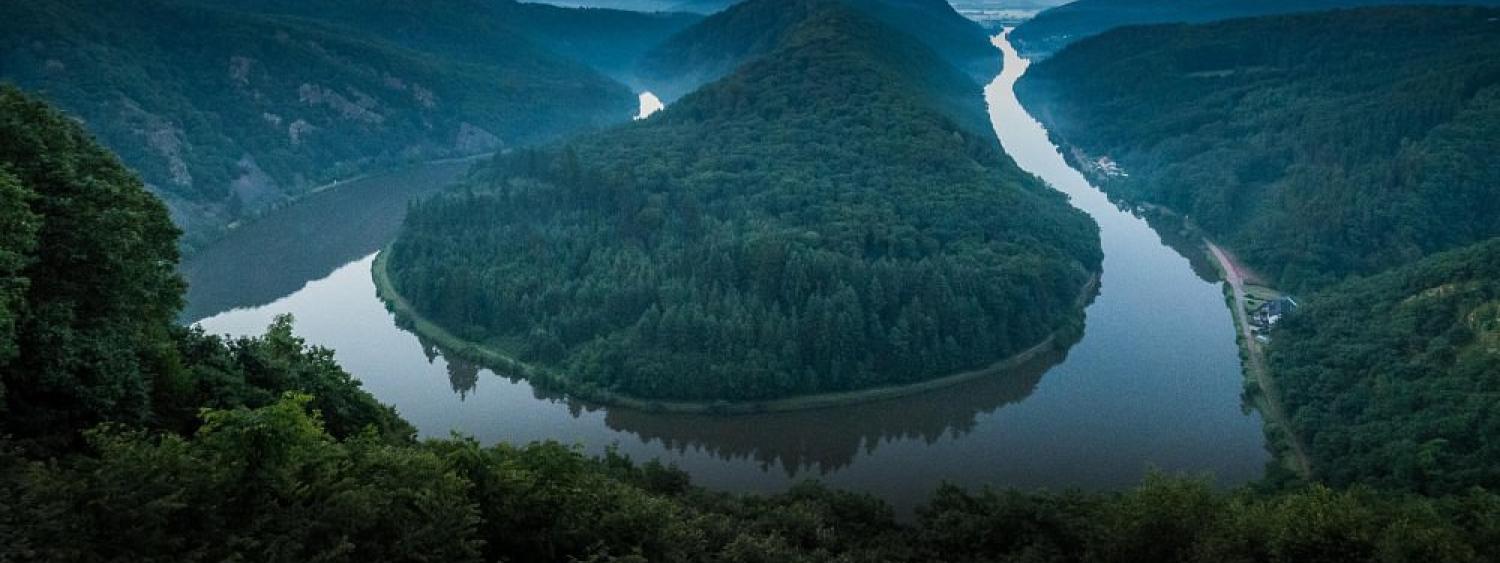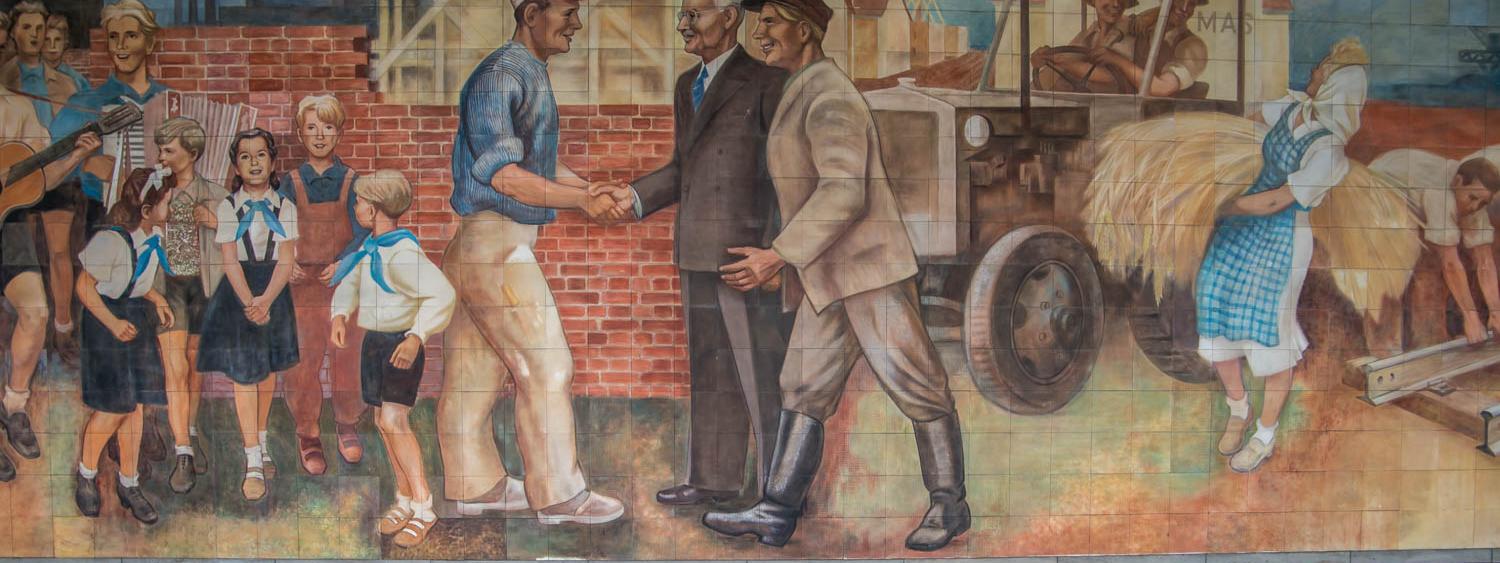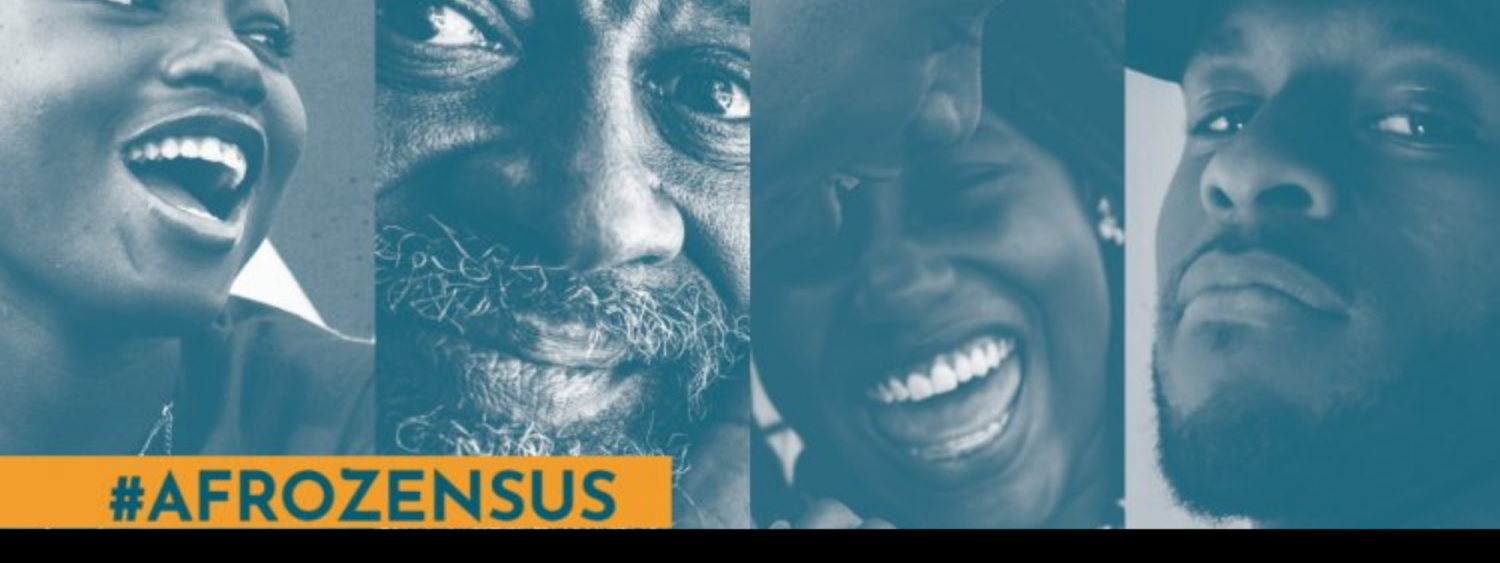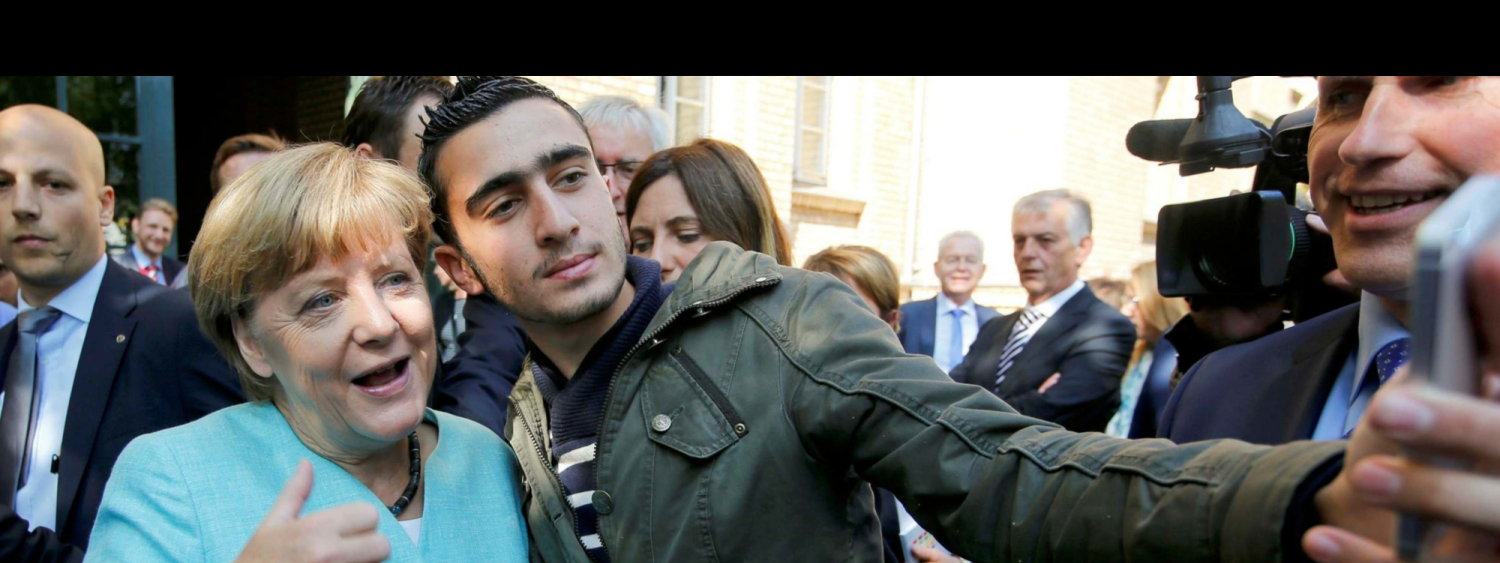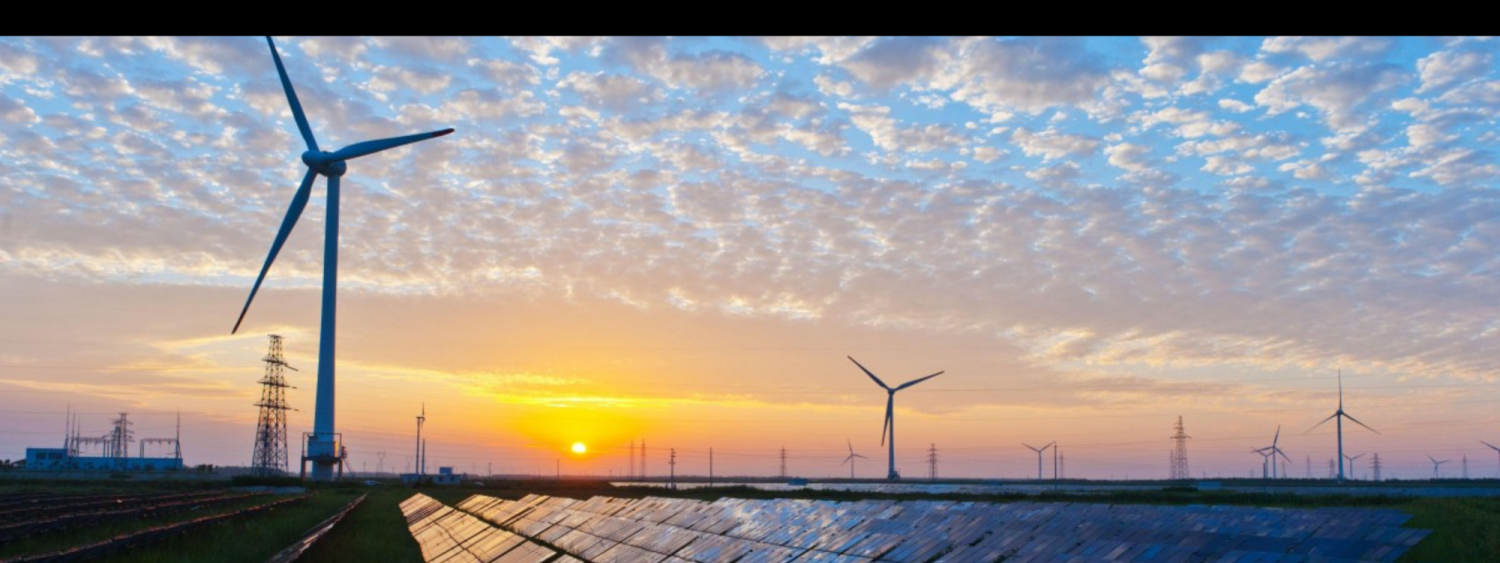This year’s topics included:
|
|
|
|
|
|
|
|
|
|
|
|
|
|
|
|
|
|
Abstracts and Example Projects from 2022
Art in East Germany: An Examination of the Art and Artists of East Germany and Their Response to German Reunification
by Kathryn Goettelman
In this presentation, we will explore the evolving artists and art created during the existence of East Germany and the Cold War. The beginning of the presentation will focus on the Zero Hour and how Eastern and Western German perspectives started to develop. We will explore and dive into art made in East Germany during the Cold War, important East German artists, and the cultural impact that these artists had on East Germany. Finally, we will examine these artists' work and relations following reunification.
https://www.youtube.com/watch?v=61r7TvZpeCE&ab_channel=KathrynGoettelman
Green Energy: How Germany is leading the world in clean, renewable energy
by Neil Trotter
In this project, we will look at what can be considered a renewable energy source, what Germany’s energy economy looks like, and what public and political image it has. A way to help understand what Germany’s energy situation is like is to compare it to the US energy infrastructure and the US’s public and political image of renewable energy.
https://www.youtube.com/watch?v=52Fw-6XeBdM
I Såkkan Alemån (The German Years) 1899-1914: A Summary of the 15-Year German Occupation of the Northern Mariana Islands
by Tamara Roberts
This discovery project will cover the 15-year span of German colonial rule in the Northern Mariana Islands (NMI), specifically the island of Saipan. First, we will learn about the circumstances that led to the transfer of power from Spain to Germany. Second, we will look at various changes to infrastructures throughout the island. Third, we will cover how these changes affected the daily lives of the native population, the Chamorros. Finally, we will examine the events that led to the end of German rule, and consequently the beginning of Japan’s occupation, in the NMI.
Queerness in Germany: The history and impact of LGBTQ+ rights, relation to the United States of America, and potential future improvements for queer existence
by G. S.
In this research project, we will describe the history of LGBTQ+ rights in Germany in Eastern, Western, and reunified Germany. We will also describe the current day rights situation through intersectionality, politics, and generational perspectives. We will compare Germany and the United States through legal, social, and language differences. Finally, we will list potential improvements, as well as contradictions that may make said improvements difficult.
Ownership in the former GDR: the economic implications of German Reunification for
residents of East Germany
by Jeremy Hahn
This project will examine the economic process of the former GDR’s transition into a market economy during Reunification, and its immediate and lasting effect on citizens of the former GDR. This will involve describing the economic situation prior to reunification, the challenges faced during the transition, and the details of the transition for public infrastructure (i.e., roads and hospitals), business enterprises, and individual financial property (i.e., pensions, residences.) This will also examine more long-term processes involved in merging the economies and the economic effects of reunification in the current day.
German Military Might: A comparison of the current German and U.S. militaries
by Alex Clay
In this project I will be highlighting the differences in the German military and our own in the U.S.A. This will be done by comparing several different aspects of the militaries’ structures. I will compare their budgets, number of personal both active and reserve, and size of their vehicle fleets in the air, sea, and land.
Germany’s Refugee Healthcare: An overview of risks, access, and barriers to healthcare services for refugees and asylum-seekers in Germany
by Annemarie Dupuy
In my research, I sought to gain a preliminary understanding of the experience of refugees and asylum-seekers in Germany regarding healthcare. We are to examine the multifaceted landscape of living circumstances and determinants of health for migratory populations. An overview of health insurance and government policies in Germany concerning refugees will also be provided. German attitudes towards minority refugee groups are addressed, as well as stressors regarding asylum-seeking experience. Considerations for future refugee health initiatives and improvements are also given.
Emergency Medicine in Germany: An Examination of the Emergency Medical System in Germany including its rescue service, the recent integration of the central emergency room, and the outlook of Emergency Medicine as a supraspecialty
by Tessa Cori
In this project, I will explore the current emergency medical system in Germany, pre-hospital and in-hospital alike, including its procedures, providers, and outlook. I will focus primarily on Germany’s recent implementation of the Central Emergency Room, the rescue service and its rendezvous system, and why Emergency Medicine is considered a supraspecialty in the German medical community. The difference between a specialty and a supraspecialty will also be discussed. Additionally, I will compare the German EMS system to that of the United States. To exemplify the differences in the two systems, I will create an emergency scenario and walk through each step of the emergency response process from both a German and American perspective.
Example Project from 2021
Erinnerungskultur and “The Reader”: An Examination of the Culture of Remembrance and German Cinema
By Taylor Neumann
In this project I will examine what “Erinnerungskultur” means in Germany and how it’s been brought to prevalence through German cinema. First, I will give an explanation on what Erinnerungskultur is. Then, I will give a brief history of how German films over time have helped shape the Culture of Remembrance. Finally, I will examine “The Reader” and how aspects of the film can be used to discuss Nazism and the effects Nazi allegations had on loved ones.
https://www.youtube.com/watch?v=4d1fF36zq7k&ab_channel=TaylorN
Example Project from 2020
Germany’s Nature Spaces: A Guide to Germany’s National Parks, Natural Heritage Areas and Nature Monuments
by Natalie Misasi
In this project, we will take a tour through a few of Germany’s nature spaces. This will include a handful of National Parks, Natural Heritage Areas as well as Nature Monuments. We will discuss what is required for an area to be designated into each of these groups as well as what activities are available for explorers. We will also compare America’s Park System to Germany’s to help understand the designations.
https://www.youtube.com/watch?v=l7W1T9-Nn0U&ab_channel=NatalieMisasi

